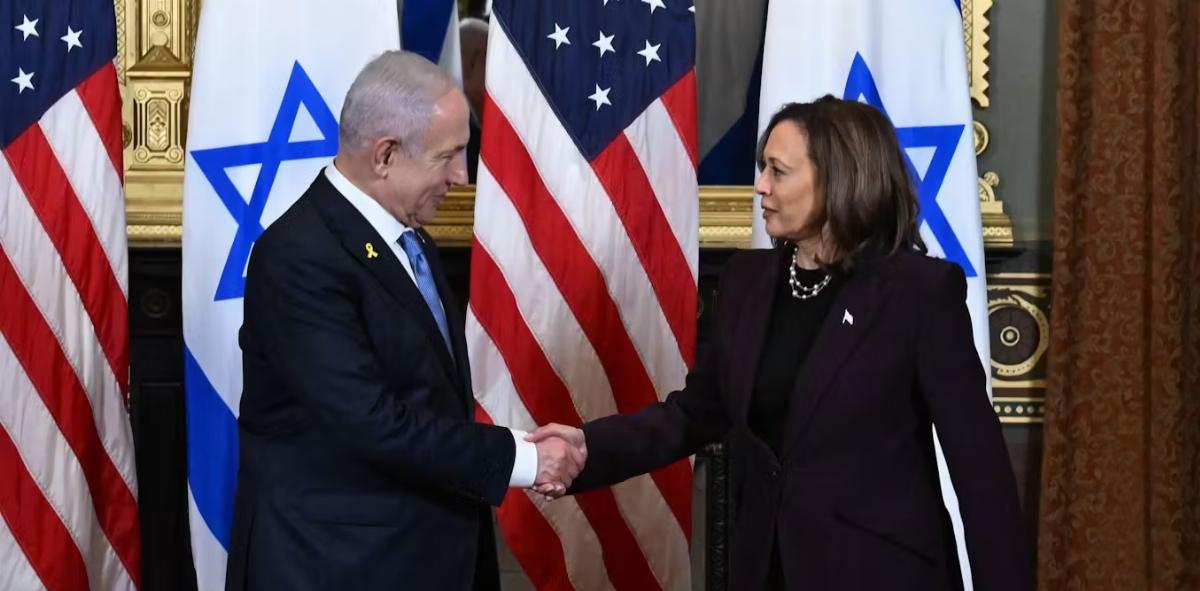
Oct. 7 conflict and Middle East tensions influence U.S. elections
On October 7, 2023, Hamas militants attacked Israel, killing 1,200 people and abducting 250 others. The conflict sparked a deadly war in Gaza, which has since claimed over 41,900 Palestinian lives, according to the Gaza Health Ministry. The ongoing war between Israel and Hamas, with additional tensions involving Iran and its allies, has complicated U.S. politics, particularly during a tight presidential election.
Vice President Kamala Harris has faced pressure from both sides of her party due to the conflict. Support for Israel from the Biden administration has frustrated Arab American voters, many of whom are critical of the U.S.'s response. Harris has tried to appeal to both pro-Israeli and pro-Palestinian voters, but this balancing act has proven challenging.
In key swing states like Michigan and Georgia, Muslim voters are pivotal. Their dissatisfaction with U.S. foreign policy in the Middle East may sway the election results, particularly in battleground states where margins are often slim. At the same time, Jewish American voters are also grappling with their loyalties, further complicating the race.
Former President Donald Trump has used the situation to position himself as Israel's strongest ally, aiming to attract both Jewish and pro-Israeli voters. As tensions in the Middle East continue to escalate, their impact on the U.S. election remains significant.
Stichworte







